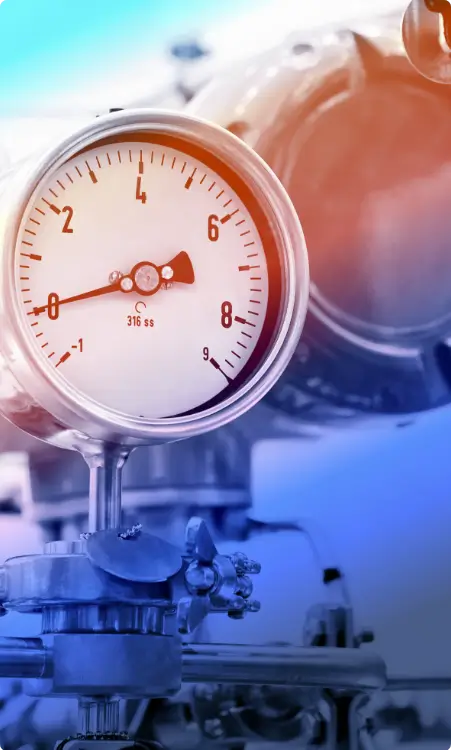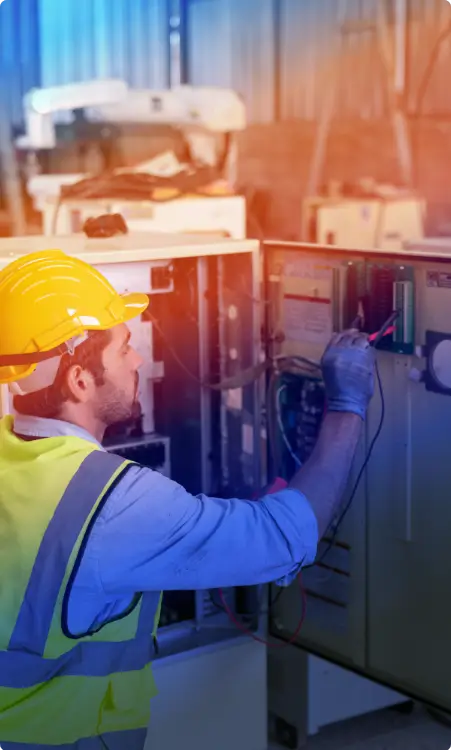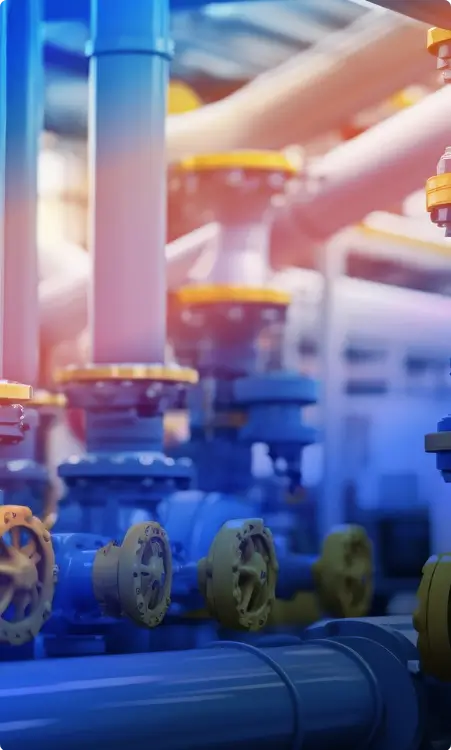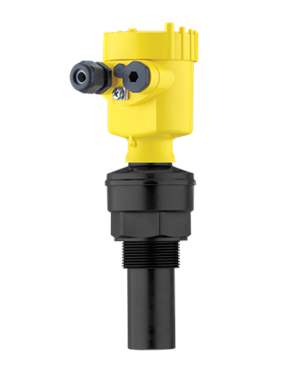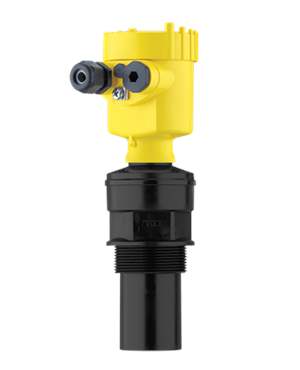- Transmitters
- Control Valves
- Transducer
- Controllers / Positioners
- Gauges
- Thermocouples and Thermocouple Assemblies
- Level switches
- RTDs-Resistance Temperature Detectors
- Instrument Manifold
- Accessories
- Wire Products
- Wireless Products
- Detectors
- Miscellaneous products
- Alarms and signaling devices
- Gas Detectors
- Gas Monitoring Systems
- Flame Detectors
- Hart communication tool
- Hydrostatic level probes
- Displays / Digital indicators
- Diaphragm seals
- Thermowells
- Thermometers
- Power supplies, Isolators, Signal converter
- Automotive Equipment
- Signal generators
- Data-loggers, Recorders
- Humidity and Temperature Transducer
QUICK ENQUIRY
Ultrasonic Level Sensor
Ultrasonic level sensors provide a reliable and maintenance-free way to measure liquid and solid levels without direct contact with the process medium. Using sound wave reflection technology, they determine the distance between the sensor and material surface with exceptional accuracy even in challenging environments.
Filter By
How Ultrasonic Level Sensors Work
Ultrasonic sensors operate by emitting high-frequency sound waves toward the surface of the material being measured. The sensor calculates level based on the time it takes for the echo to return after hitting the surface.
Because measurement depends on time-of-flight rather than electrical or mechanical properties, ultrasonic level sensors provide stable readings regardless of medium composition, conductivity, or density.
This non-contact principle makes them ideal for liquids, slurries, and light bulk solids, offering a perfect balance of precision and simplicity for a wide range of industrial applications.
Performance and Technical Highlights
Each ultrasonic level sensor offered by TTS is designed for consistent accuracy, robust signal processing, and durability in demanding conditions.
Model-Dependent Specifications:
• Measurement Range: Up to 15 m (VEGASON 61/62 models)
• Accuracy: ±5 mm or 0.2% of range
• Output Signals: 4–20 mA, HART, or Modbus communication
• Temperature Range: –20°C to +80°C
• Mounting Options: Threaded, flanged, or bracket installation
• Construction: Durable plastic or stainless-steel housing with corrosion protection
• Protection Rating: IP66/IP68 for harsh outdoor environments
With features like integrated temperature compensation and echo suppression, these sensors maintain reliable performance even when faced with process turbulence, foam, or buildup.
Where Ultrasonic Sensors Make the Difference
Ultrasonic level sensors stand out where reliability, cleanliness, and simplicity matter most.
They’re designed to overcome the very challenges that limit other level measurement technologies ensuring stable readings and minimal maintenance.
They excel in situations such as:
• Aerated or Foamy Liquids: Smart echo processing ensures accurate results despite surface turbulence.
• Aggressive or Corrosive Media: Non-contact sensing eliminates exposure-related damage.
• Hygienic and Sanitary Systems: Ideal for clean-in-place environments in food and beverage production.
• Remote and Outdoor Applications: Weatherproof construction ensures long-term stability in open tanks and reservoirs.
• Variable Media Conditions: Consistent accuracy across liquids, slurries, and light solids.
This versatility makes ultrasonic sensors a preferred choice for continuous, low-maintenance level measurement across both process and environmental industries.
With expert configuration support, fast availability, and access to globally recognized sensor technology, TTS ensures your level measurement solution performs accurately from setup to operation.
Frequently Asked Questions (FAQs)
What is an ultrasonic level sensor used for?
It measures the level of liquids or solids by sending ultrasonic waves and calculating the echo time for accurate, non-contact level monitoring.
Can ultrasonic level sensors measure solids as well as liquids?
Yes, they can measure bulk solids like grains, powders, and pellets, provided the surface reflects ultrasonic waves effectively.
How do ultrasonic level sensors handle foam or vapor?
VEGASON sensors use intelligent signal processing and echo suppression to provide stable readings even with foam or vapor presence.
Are ultrasonic sensors affected by temperature?
Integrated temperature compensation ensures consistent accuracy despite temperature variations.

.webp)
